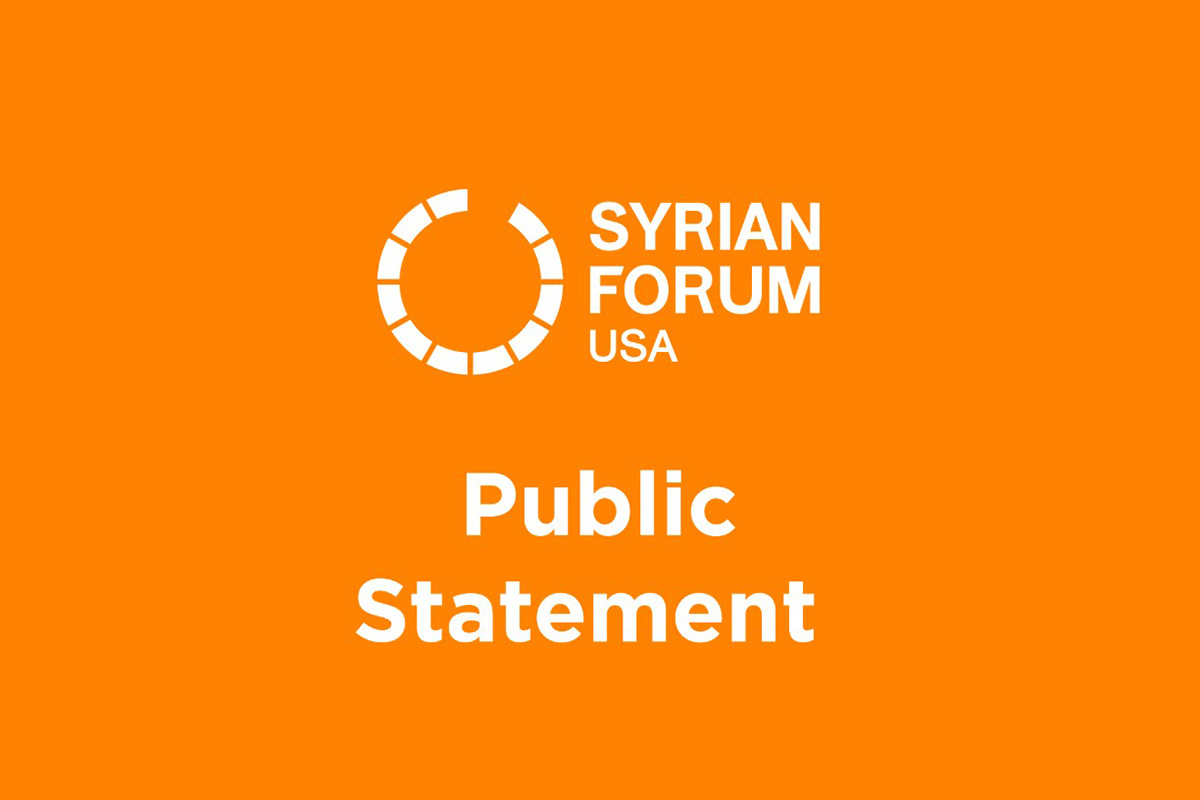On October 3, 2024, a side event was held at the United Nations Palace in Geneva during the 57th session of the Human Rights Council, addressing the possibility of referring the Syrian file to the International Criminal Court (ICC). The event was organized by the Syrian Forum in cooperation with Legal Action Worldwide (LAW) and was sponsored by the European Union and the United Kingdom.
The event focused on the legal aspects through which the Syrian file could be referred to the ICC, based on a preliminary study prepared by LAW and an in-depth study conducted by the Syrian Forum. During the session, the legal foundations for such a referral were discussed, relying on the legal precedent set by the case of forced displacement in Myanmar and Bangladesh, which was referred to the ICC for investigation at the court’s request.
Participants emphasized that this step comes at a time when the role of the ICC is becoming more significant, particularly after it issued arrest warrants for political leaders from both Israel and Hamas amid the ongoing Gaza conflict. They highlighted that this reinforces the importance of international law as a tool for achieving justice, especially in light of the UN Security Council’s failure to maintain international peace and security in Ukraine and the Middle East.

In a statement during the session, Yaser Tabbara, lawyer and Chief Strategist at the Syrian Forum, said:
“The veto that blocked the referral of the Syrian file to the ICC does not signify the end of the road to justice. Relying on the precedent of forced displacement in Myanmar and Bangladesh could provide a legal pathway to investigate crimes committed in Syria without needing a Security Council resolution.”
Tabbara also stressed that countries that believe in the importance of international justice should take an active stance in supporting the referral of the Syrian file to the ICC, stating:
“Support from nations for these efforts is crucial because the continuation of impunity in Syria exacerbates the situation and poses a threat to regional and international security.”
He added: “Countries that believe in international justice have a pivotal role in supporting these efforts. Members of the Human Rights Council and the United Nations must act more seriously because achieving justice in Syria is not only a human rights demand but a necessity for regional stability. Allowing perpetrators to go unpunished will keep the door open for further violations.”
The speakers, including Antonia Mulvey, Executive Director of LAW, and Mazen Darwish, Director of the Syrian Center for Media and Freedom of Expression, discussed previous attempts to refer the Syrian file to the ICC, emphasizing the need to end the policy of impunity.
The participants explained that there are new legal developments that could allow for the referral of the Syrian file to the ICC without needing to go through the UN Security Council, making these efforts more feasible given the current political challenges.
The event concluded with a call for intensified international efforts to support these legal initiatives, emphasizing the importance of strengthening the role of the ICC as a tool to achieve justice and hold those responsible for crimes against humanity in Syria accountable.








